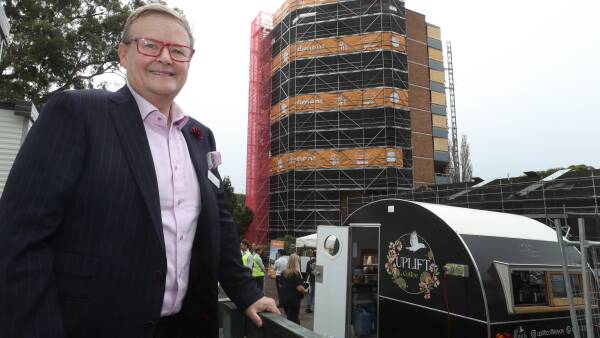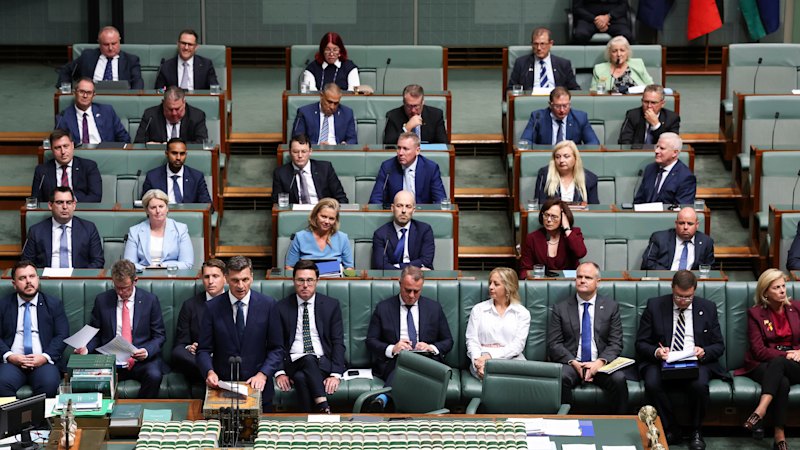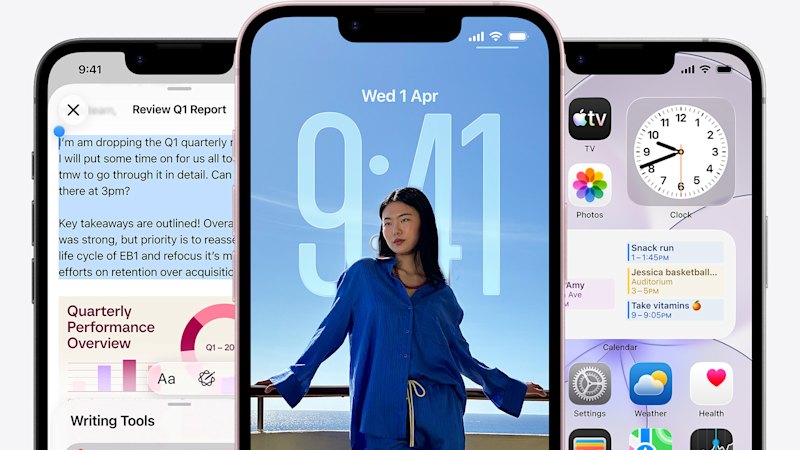As the use of location-tracking applications continues to rise, many Australians are grappling with the implications of this technology on privacy and safety. Parents are increasingly using apps like Life360, Find My iPhone, and Find My Device to monitor their children’s whereabouts, while others track aging relatives or even romantic partners. The debate centers around whether these apps represent a helpful safety tool or an invasive form of surveillance.
Christine Milostnik recounted her experience tracking her 18-year-old son’s travels across Europe last year. She found comfort in knowing his precise location, a decision made with his consent before he left. “I called and said, ‘Oh, you haven’t moved for 24 hours,’ and then he said, ‘Yes, I’m sick,’” Milostnik shared. Her use of tracking apps extended beyond her son; she previously used them to monitor her mother, who suffers from dementia, allowing her to ensure her safety when she wandered off.
Despite these personal anecdotes highlighting the advantages of location tracking, concerns over privacy loom large. The exact number of Australians engaging in this practice is unclear. Life360 has reported more than two million users in Australia, but the company has not provided updated figures. Similarly, Apple stated it does not track user statistics regarding location-sharing.
According to Elisabeth Shaw, CEO of Relationships Australia New South Wales, the desire to track loved ones can often be justified by the fast-paced nature of modern life. “Instead of leaving anything to chance — that ‘I’m not sure when the family’s coming home tonight’ — there’s a need to know,” she explained. This desire is often framed as an expression of care and love, especially in a world perceived as increasingly unsafe.
Statistical data from the Australian Bureau of Statistics (ABS) presents a mixed picture. While the number of offenders dealt with by police reached its lowest level since 2008-09, there has been an alarming increase in certain crimes, particularly domestic violence-related assaults and sexual assaults. The number of reported sexual assaults reached a record high of 40,087 in 2024, a 10 percent increase from the previous year.
Shaw acknowledged that, when used with consent, location tracking can serve as a valuable safety tool. It can facilitate safe interactions, such as tracking a friend during a first date or monitoring a loved one using a ride-hailing service. “Where there is regular checking in on consent, the clarity of purpose is actually a great benefit in how we live our lives,” she said.
Despite these benefits, concerns about the normalisation of surveillance are growing. Bridget Harris, director of the Monash Gender and Family Violence Prevention Centre, highlighted a societal shift regarding privacy norms. “Expectations that we are, for instance, findable by our partners, by our children, by everybody,” she noted. This shift could have serious implications, particularly for victims of domestic violence, who may struggle to have their experiences taken seriously if they are perceived as commonplace.
Research from the eSafety Commissioner indicates that nearly one in five young adults aged 18 to 24 believe it is reasonable to track a romantic partner. Harris warned that such attitudes could trivialise serious issues surrounding consent and autonomy. “If someone’s trying to articulate the violence of their experience, it might be discounted by someone else,” she cautioned.
Shaw emphasized the importance of open discussions between intimate partners regarding the use of tracking technology. “Even if someone dresses up their behaviour as good intentions, if the other doesn’t experience it that way, then the issue has to be dealt with,” she said. Furthermore, she pointed out that even consensual tracking can alter relationship dynamics, leading individuals to conflate access with affection.
Some individuals, like Alyssa Carter, firmly oppose the idea of being tracked by a partner. “I think it is absolutely an invasion of my own privacy,” she stated, noting her refusal to monitor her 16-year-old daughter’s whereabouts. Carter believes that her daughter would see such monitoring as a violation of her autonomy.
As Australians navigate the complexities of location tracking, the balance between safety and privacy remains a pressing issue. The ongoing conversation around the use of these applications reflects broader societal concerns about surveillance, consent, and the evolving nature of personal relationships.
For those affected by issues related to family and domestic violence, support is available through resources such as 1800RESPECT, which can be reached at 1800 737 732 or via text at 0458 737 732. In emergencies, individuals should contact local authorities immediately.






